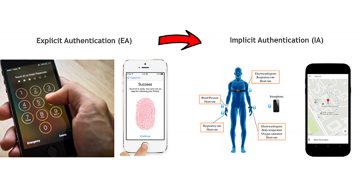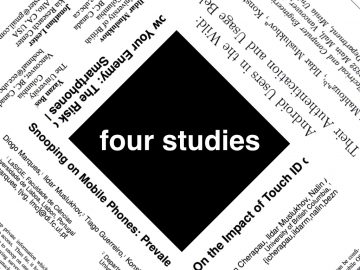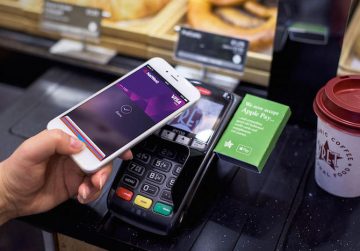Why Implicit Authentication is Hard to Understand
Implicit authentication (IA) has recently become a popular approach for providing physical security on smartphones. It relies on behavioural traits (e.g., gait patterns) for user identification, instead of biometric data or knowledge of a PIN. However, it is not yet known whether users can understand the semantics of this technology well enough to use it […]
Smartphone Users’ Family, Friends, and Other Enemies
The number of smartphone users worldwide was expected to surpass 2 billion in 2016. To protect personal and other sensitive information from unauthorized access, some smartphone users lock their phones. Yet, others don’t, risking the data and online services accessible through their devices. The risks emanate from both device thieves and those whobelong to the users’ […]
Predicting Smartphone Users’ Permission Decisions
Current smartphone operating systems regulate application permissions by prompting users on an ask-on-first-use basis. Prior research has shown that this method is ineffective because it fails to account for context: the circumstances under which an application first requests access to data may be vastly different than the circumstances under which it subsequently requests access.
“I Don’t Use Apple Pay Because It’s Less Secure …”
This paper reports on why people use, not use, or have stopped using mobile tap-and-pay in stores. The results of our online survey with 349 Apple Pay and 511 Android Pay participants suggest that the top reason for using mobile tap-and-pay is usability. Surprisingly, for nonusers of Apple Pay, security was their biggest concern.
Collaborative Study of Snooping on Mobile Phones Gets SOUPS Award
SOUPS ’16 paper on the prevalence of snooping on mobile phones has received Distinguished Paper award. The paper reports a series of quantitative studies that allowed a more accurate measurement of this phenomena. The study was led by our collaborators at the University of Lisbon. It was inspired by our previous study presented at Mobile CHI ’13.



